Bankruptcy options
People struggling with debt have options for getting out of debt and obtaining a fresh start. It is difficult to admit that one needs help, but sometimes it is necessary. Bankruptcy can allow people to get a clean slate and to start their lives over again without debt hanging over their heads.
Chapter 7 bankruptcy
There are two different types of bankruptcy that are commonly filed by individuals: Chapter 7 and Chapter 13. Chapter 7 bankruptcy allows a person to have most types of his or her debt completely discharged. Most people who file Chapter 7 bankruptcy do not have to give up any of their property.
There are several requirements for filing a Chapter 7 bankruptcy petition, including filling out schedules of assets, liabilities, current income and expenses. If the person filing for bankruptcy is married, his or her spouse’s information must also be given to the court even if the spouses are filing individually.
All collection efforts are automatically stayed when a petition for bankruptcy is filed. This means that all debt collection efforts by creditors must stop until the court issues an order. All creditors are notified of the bankruptcy case.
If the court approves the bankruptcy, most types of the debtor’s debts will be discharged and creditors will not be allowed to pursue any further collection actions. There are some types of debt that cannot be discharged upon bankruptcy, such as child support, alimony and government-funded loans.
Chapter 13 bankruptcy
Individuals may also file for Chapter 13 bankruptcy. Chapter 13 bankruptcy allows people to reorganize their debts as long as they have a regular income. This type of bankruptcy allows people to keep their property and pay off some or all of their debt through a court approved payment plan. The debtor must also provide the court with the same information that is provided in a Chapter 7 bankruptcy case.
Filing a petition for Chapter 13 bankruptcy also provides the debtor with an automatic stay so that all collection efforts stop. Chapter 13 bankruptcy can be a useful tool for preventing a home foreclosure.
During the bankruptcy proceeding, the court, trustee and the debtor come up with a plan to repay some or all of the debts. It is important that debtors follow this plan and consistently make their payments on time and in full. If the payments are not made appropriately, the case may be dismissed or may be converted into a Chapter 7 bankruptcy case. At the end of the repayment period, the debtor may be entitled to a discharge of any remaining debt.
Results of bankruptcy
Filing for bankruptcy can help individuals struggling with debt get a fresh start financially. The main benefit of filing bankruptcy is that it allows most people who file to get rid of all of some types of debt. In spite of these benefits, people often worry about the negative consequences of filing bankruptcy such as the fact that it could affect a person’s credit score negatively. If you have questions about whether filing bankruptcy is a good idea for you, contact an experienced bankruptcy attorney who can answer your questions.


